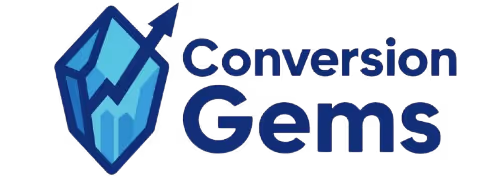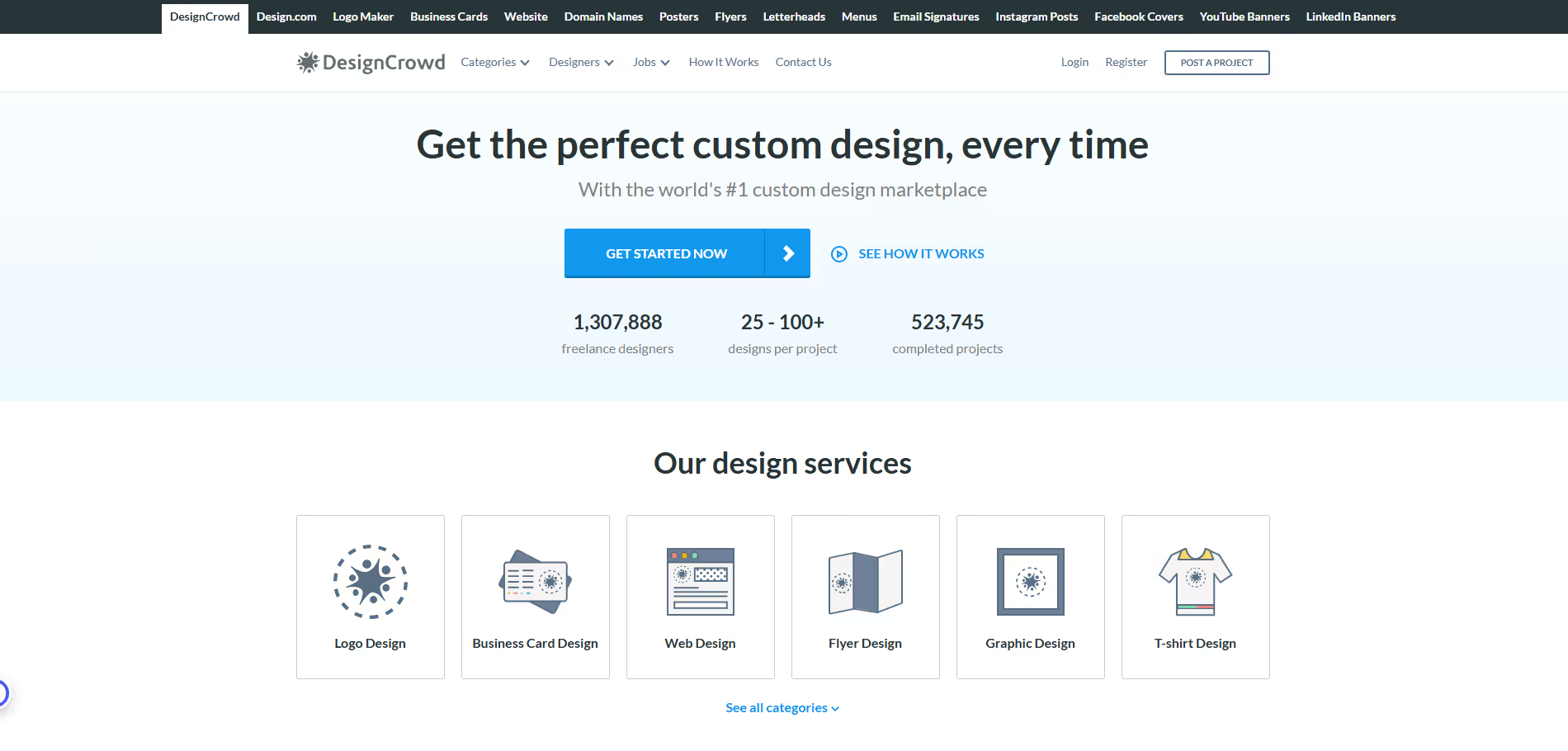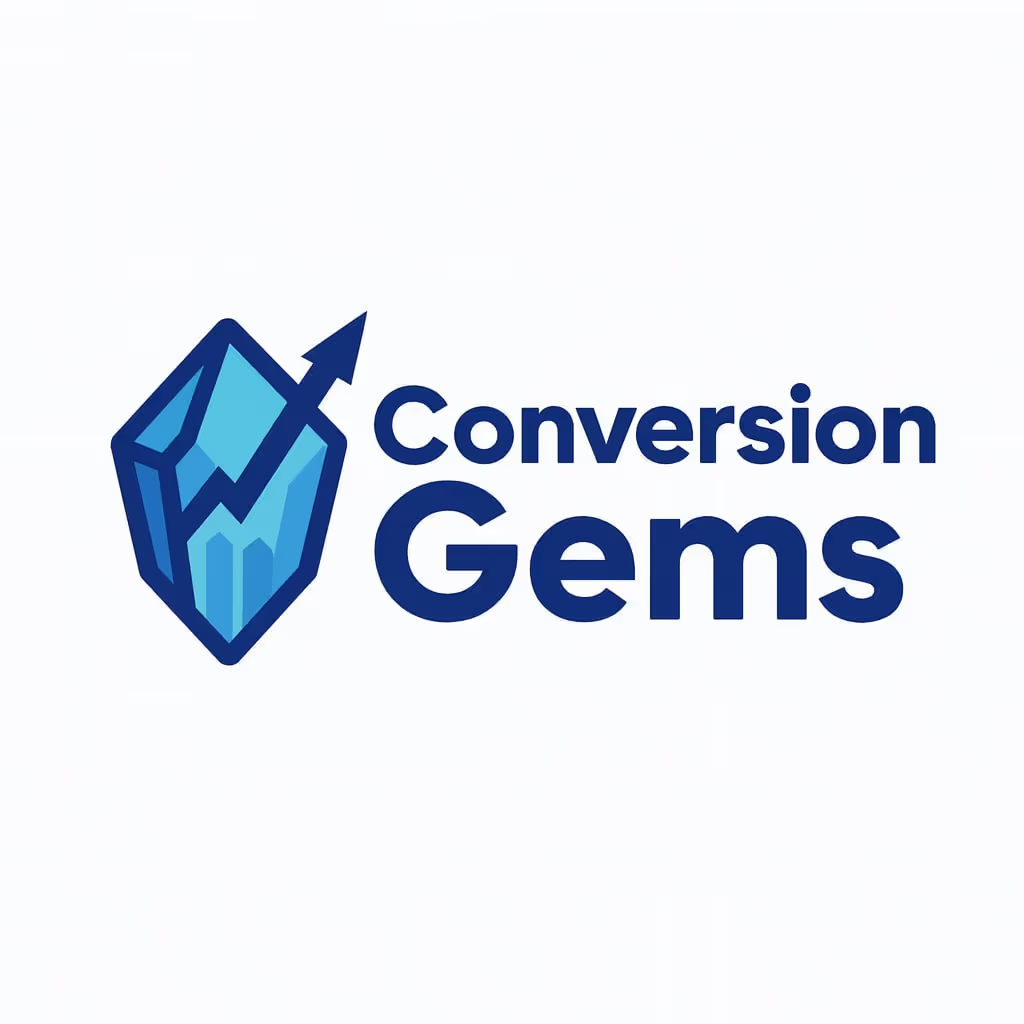DesignCrowd
Description
Key Applications
- Logo Design: Creating unique brand identities through crowdsourced design contests.
- Website Design: Obtaining diverse design concepts for web layouts and user interfaces.
- Marketing Materials: Designing brochures, flyers, posters, and other promotional assets.
- Business Stationery: Developing cohesive branding across business cards, letterheads, and envelopes.
- T-Shirt Design: Generating creative graphics for apparel and merchandise.
Who It’s For
Pros & Cons
How It Compares
- Versus 99designs: DesignCrowd offers a similar contest-based model but often boasts a slightly larger pool of active designers, potentially leading to more design submissions per project. 99designs might be perceived as having a more streamlined user experience for some, while DesignCrowd emphasizes sheer volume of options.
- Versus Fiverr: While both platforms connect clients with designers, Fiverr typically focuses on individual gig-based services with fixed prices, offering less of a 'contest' dynamic. DesignCrowd's contest model provides multiple concepts from different designers upfront, which Fiverr's individual service offerings do not inherently provide.
- Versus Upwork: Upwork is a broader freelancing platform where clients hire individual designers for hourly or fixed-price projects after a selection process. DesignCrowd's contest model bypasses the traditional hiring and interviewing process, focusing directly on concept delivery from many designers.
Bullet Point Features
- Design Contests: Launch a project and receive multiple design concepts from a global community of designers.
- Direct Designer Hiring: Option to work one-on-one with a specific designer after a contest or through their portfolio.
- Revision Cycles: Collaborate with selected designers to refine and finalize designs. Money-Back Guarantee: Assurance for clients if they are not satisfied with the submitted designs.
- Copyright Ownership: Full intellectual property rights transfer upon final design selection. Designer Portfolios: Browse and review designers' past work before starting a project or contest.
Frequently Asked Questions
Find quick answers about this tool’s features, usage ,Compares, and support to get started with confidence.

DesignCrowd is an online creative platform that connects businesses with freelance designers worldwide. It allows users to launch design contests or hire designers directly for logos, branding, websites, marketing materials, and more.

DesignCrowd enables businesses to submit a design brief and receive multiple submissions from different designers. Users can review designs, provide feedback, and select the one that best meets their needs, ensuring variety and creativity.

Yes, DesignCrowd is beginner-friendly. Its platform provides clear guidance on creating briefs, managing submissions, and communicating with designers, making it easy for users without design experience to get professional results.

Yes, DesignCrowd supports a wide range of creative projects, including logos, websites, branding, print materials, and digital content. It’s flexible enough to cater to businesses of all sizes and industries.

DesignCrowd is ideal for entrepreneurs, small businesses, startups, and marketing teams. It provides access to global design talent, multiple creative options, professional-quality work, and a streamlined process for getting high-quality designs efficiently.





.avif)




